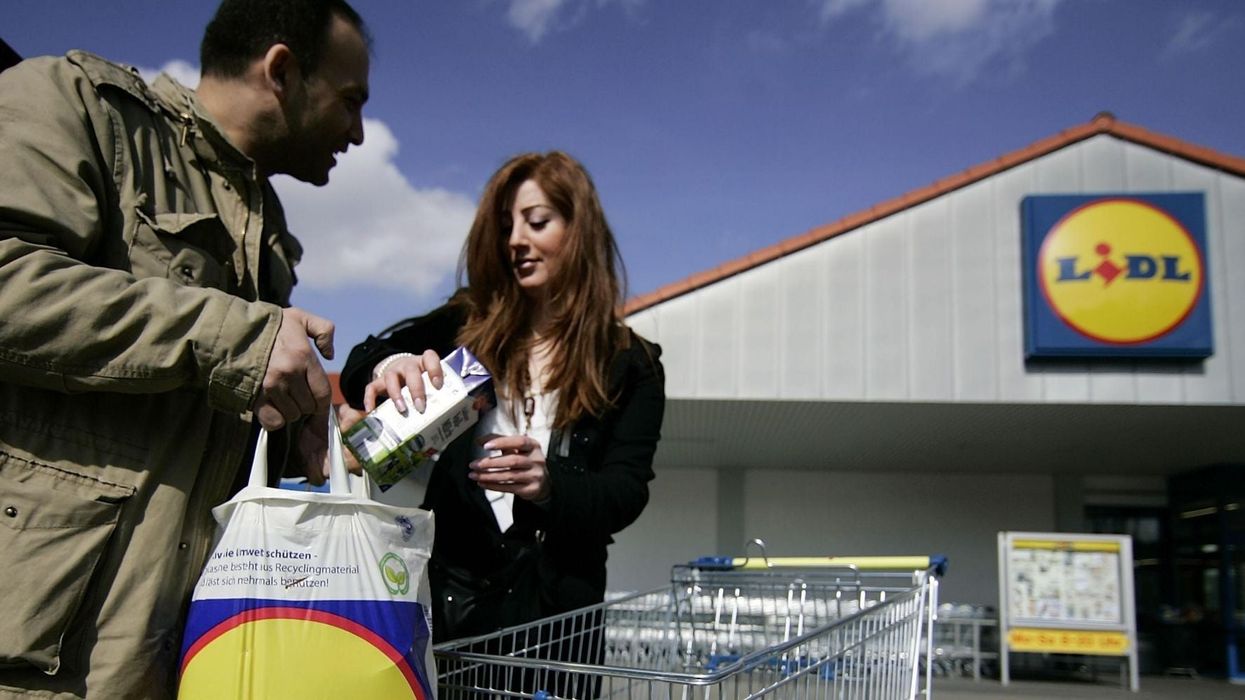
MPs have accused the government of being detached from reality for putting Waitrose and M&S on their free school meal vouchers program but not Aldi or Lidl.
In a new report, the Commons Environment and Food Committee criticised the initial working of the scheme which was set up in March as part of the government's emergency response to the coronavirus pandemic.
They wrote:
The system has been beset by significant problems, ultimately leading to about a third of children experiencing greater food insecurity in the first month. [...] The Government did not sufficiently consider the realities of where families dependent on free school meals were most likely to shop for food.
The vouchers, which we available to all key stage one children and those usually eligible for free school meals during lockdown, could initially be used at Sainsbury's, Tesco, Asda, Morrisons, Waitrose and M&S.
Stephanie Wood, CEO of the charity School Food Matter, commented that:
Lots of people are really angry that [the Department of Education] has defaulted to the big six supermarkets, two of which are really irrelevant when it comes to families on low income: Marks & Sparks and Waitrose.
The Children's Food Campaign and School Food Matters added that:
Many lower income families are likely to shop [at] Aldi, Lidl, Co-op or chains of independent/convenience stores.
Aldi, Iceland and Company Shop were eventually added to the scheme, but Lidl remained absent.
Edenred, the company the government chose to run the program, says that this is because retailers needed a "digital gift card system already in operation" to join it, which Lidl didn't have.
But Lidl told the Environment and Food Committee that they had been told a physical voucher mechanism was possible and submitted a proposal to join the scheme on that basis. They said:
Disappointingly, we were then subsequently informed by Edenred that the Department for Education are no longer considering suppliers such as Lidl, that cannot offer an e-gift card solution.
[They have] so far denied hundreds of thousands of Lidl customers from being able to spend their vouchers in our stores, forcing them to go elsewhere - and in many cases pay more - to access the scheme.
The Co-Op and other convenience stores were similarly unable to join the scheme because they could not offer digital vouchers.
Another issue that arose was that there was a hefty minimum spend when using the vouchers online, again making them prohibitively expensive for some families.
Food and sustainability director Andrew Opie said:
The biggest disappointment of the whole thing has been the lack of willingness from both the Department of Education and its providers to work with the retailers to find workable solutions.
James Lowman, CEO of the Association of Convenience Stores added that there were "some some assumptions made about where people would want to access food that were wrong".
People slammed the scheme's failings as "crass ineptitude" from the government.
Government free school vouchers meal valid for Waitrose and M&S but not Lidl 🙃🙃 This government really does not kno… https://t.co/WwgbrZA80S— Oxtail bird app unite (@Oxtail bird app unite) 1586594018
Another show of crass ineptitude: https://t.co/bZwqnLmmzf— Margybargy (@Margybargy) 1596095936
The report concluded that "we are disappointed at the apparent lack of willingness to quickly adapt the scheme in response to the issues that emerged" and called on the government to create a minister for food security to address future issues like this head on.













